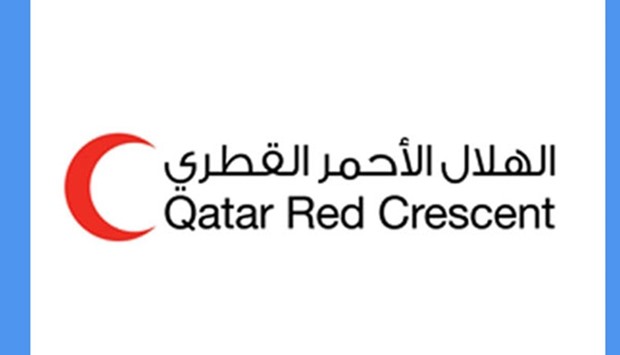Qatar Red Crescent (QRC), through its representative mission in Yemen, has launched a project to distribute medical equipment and supplies within a multi-sector humanitarian programme including four Yemeni cities – Taiz, Sanaa, Ibb and Hodeidah, at a cost of QR340,000.
These medical supplies, funded by the Red Crescent, include ultrasound devices, pressure gauges, a medical microscope, blood test laboratory equipment, test tubes, birth equipment, patient waiting seats and other medical assistance that is planned to benefit approximately 83,000 patients in health centres.
Qatar Red Crescent said in a press statement yesterday that these medical supplies are distributed to the Revolution Complex centre for the displaced in Sanaa, Bani Ali Centre in Ibb governorate, Al-Shaheed Al-Durra Centre in Jabal Habashi in Taiz, May 22nd Centre in Muzaffar Governorate, and Al Khokha centre in Hodeidah province.
Director of the Mohamed al-Durra Health Centrer Dr Ahmed Hashed praised the Qatari Red Crescent for its generous support to alleviate the suffering of the Yemeni people by providing such necessary medical equipment in the light of the current circumstances and the displacement of many people from cities to the countryside.
He also praised QRC’s assistance to the poorest families of displaced and war-affected people in the Jabal Habashi Directorate, especially the vulnerable and marginalised groups of widows, orphans, poor, destitute and people with special needs.
Dr Hashed said that this project is the first of its kind in the field of health in the region since the beginning of the war, where no humanitarian organisation has ever provided medical equipment,and hoped that the Qatari Red Crescent’s project is a good sign for the region.
For their parts, directors of other health centres, parents, families and individuals benefiting from this project expressed their sincere thanks to Qatar for providing vital assistance, especially to displaced people and patients under war and the difficult conditions experienced by Yemen, especially since most of these centres lacked services and medical equipment and some have not received any support for more than two years.

